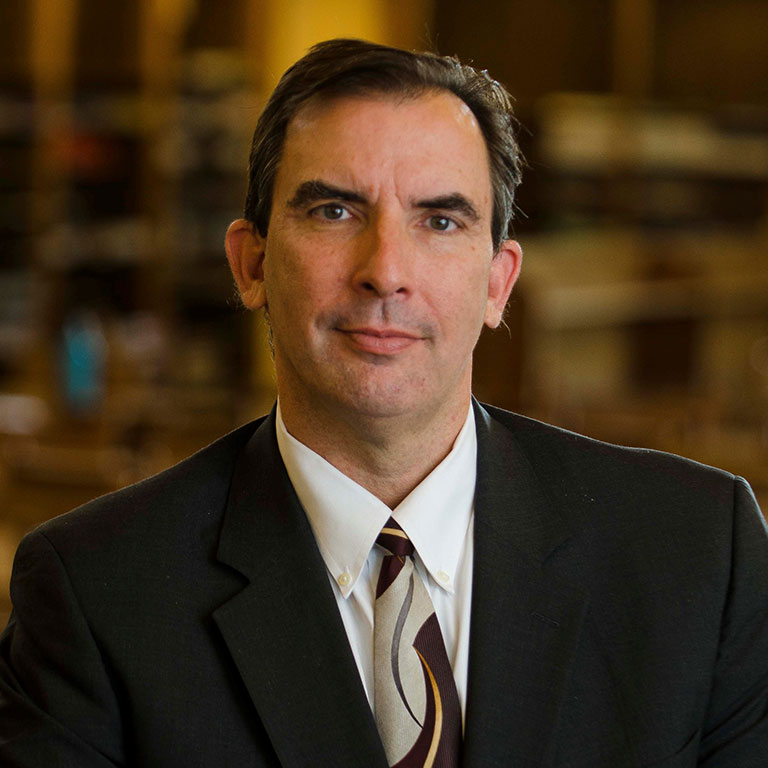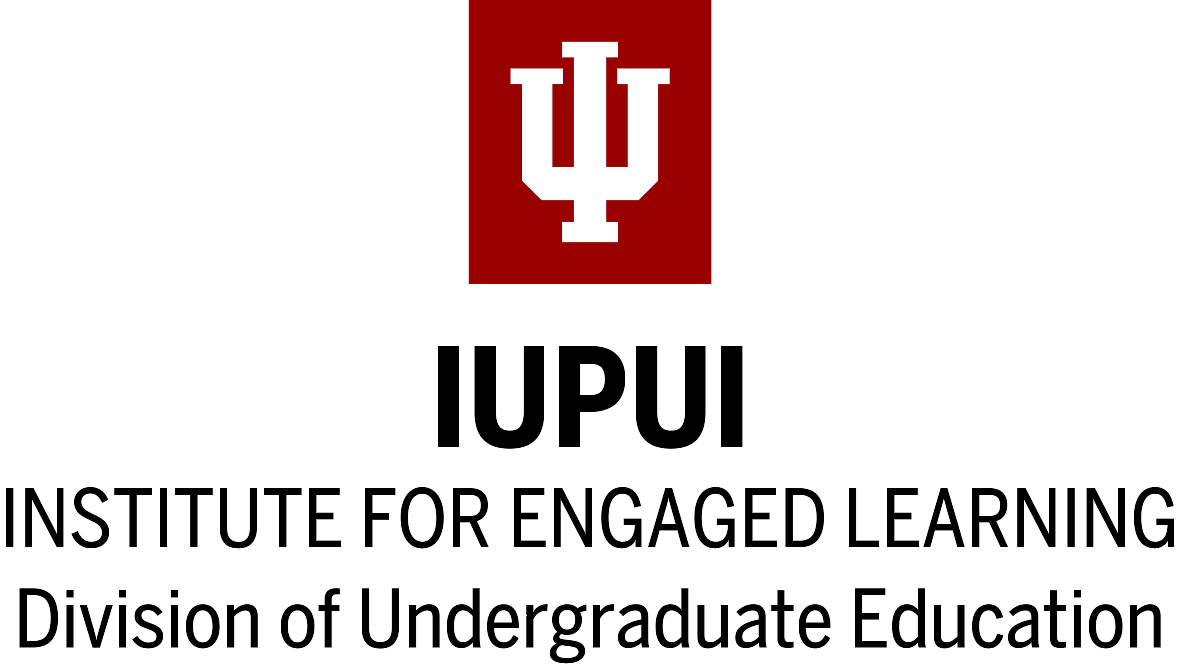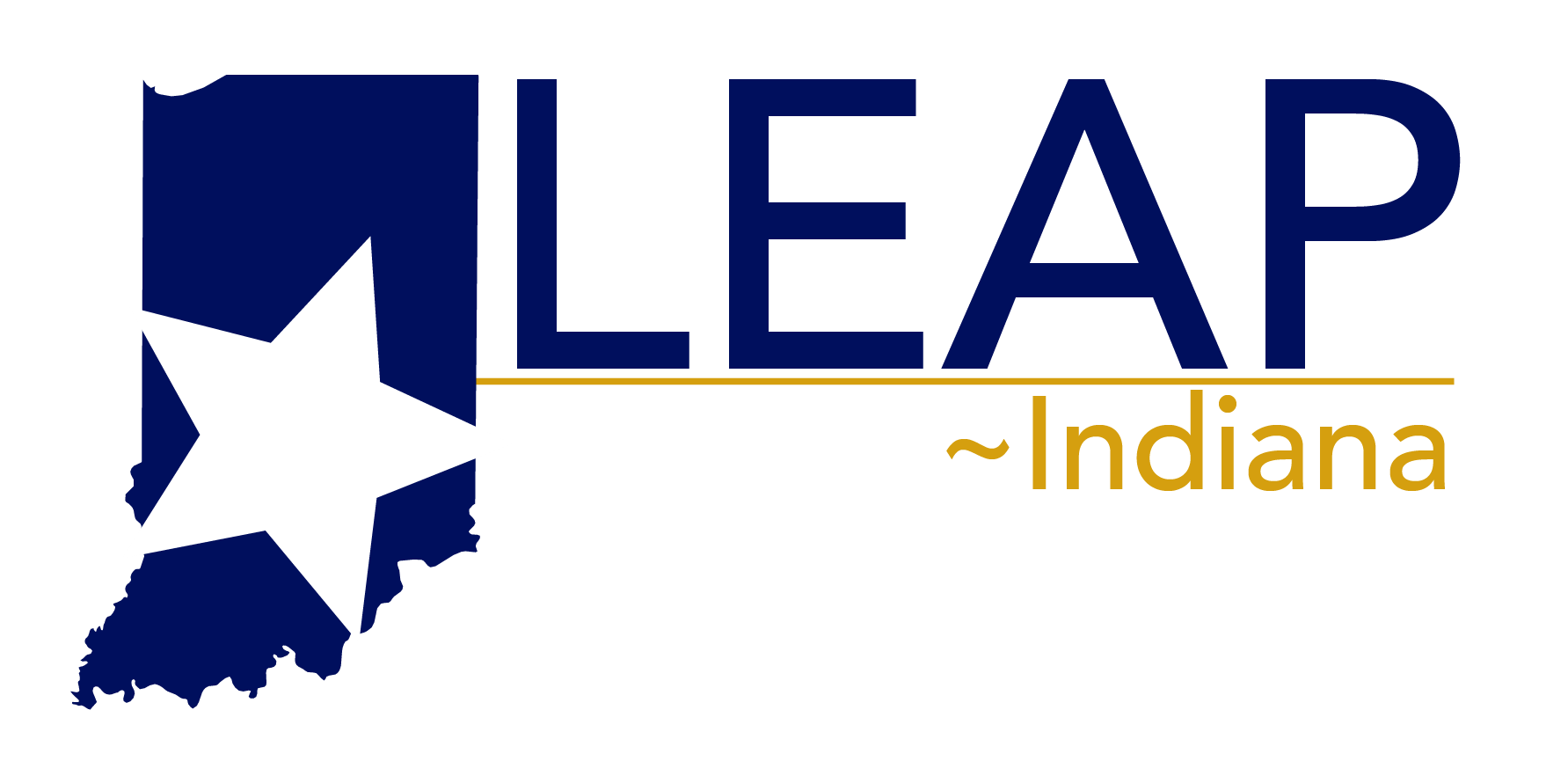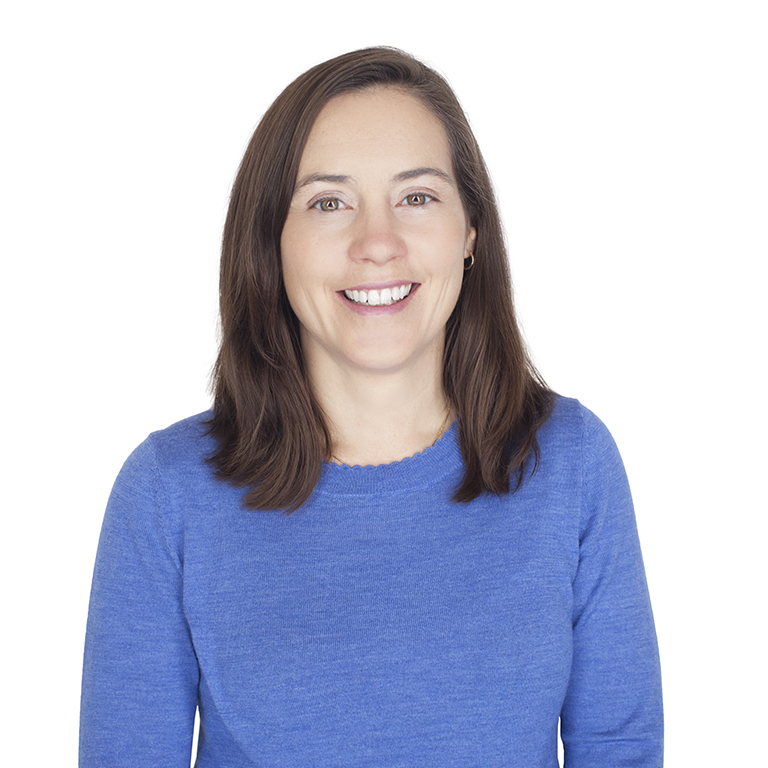Registration for this event is now closed.

Register
Details
Join keynote speaker, Dr. David Laude, who is nationally recognized for increasing student success by his work linking institutional and student data with engaged learning strategies in the classroom.
Following his remarks, the Association of College and University Educators (ACUE) will lead attendees through one of their Effective Teaching Practice course modules. The teaching practices profiled in these modules, which were developed using research from Cognitive Psychology and the Scholarship of Teaching and Learning, have been shown through empirical research to promote student learning and student success. At the completion of the event, attendees will have an assignment or activity they can use in their courses to create a more engaged learning experience for this students.
Agenda
| Time | Detail |
|---|---|
| 8:15 a.m. | Check-In |
| 8:30 a.m. | Light Breakfast, Coffee, Hot Tea |
| 9:00 a.m. | Opening Remarks |
| 9:10 a.m. | Keynote Presentation Dr. David Laude |
| 10:00 a.m. | Group Work What can I do on my campus or in my department/unit? |
| 10:30 a.m. | Report out |
| 11:00 a.m. | ACUE Module Session (includes lunch) Engaging and Supporting Underprepared Students |
| 12:00 p.m. | Lunch (sandwiches and salad, coffee, iced tea, water, and soft drinks) |
| 1:00 p.m. | Continue ACUE Module Session |
| 3:00 p.m. | Adjourn |


Keynote: Dr. David Laude
Dr. David Laude has received national recognition for his work linking institutional and student data with intentional active and engaged learning strategies in the classroom to increase student success, first in his own Chemistry courses, then with his colleagues in the Chemistry Department, and finally, working with colleagues to promote student success across the entire UT at Austin Campus. His work has been profiled in several publications and media outlets, including the New York Times.
- Learn more about Dr. Laude
- Video: Everybody can get an A
David Laude
TEDx Event, SpeedwayPlaza
Nov 2014
Bio
Professor Laude has been a member of the faculty in the College of Natural Sciences at The University of Texas at Austin since 1987. During the first ten years of his tenure at UT Austin, he ran a large research program in mass spectrometry. From 1996 to 2012, he held various administrative positions in the Dean’s Office of the College of Natural Sciences and also served as interim dean. Professor Laude has an established reputation for teaching excellence and curriculum innovation at The University of Texas at Austin and has received many awards for his teaching. He continues to teach large section general chemistry courses.
Professor Laude has been a leader in program reform at the undergraduate level at UT Austin for the past 25 years. In 1996, he chaired the original committee that proposed the teacher preparation program known today as UTeach. In 1999, he created the Texas Interdisciplinary Plan as a way to provide a small college-learning environment for students with adversity indicators. Professor Laude was also instrumental in the creation of the Freshman Research Initiative that today enrolls 900 UT Austin freshman students in the research programs of science faculty.
From 2012 to 2017 Professor Laude joined the Provost’s Office to champion improvements in four-year graduation rates at the University of Texas at Austin. He employed predictive analytics based on the historical likelihood of college completion to direct new students into appropriate freshman year success and incentive-based scholarship programs that coupled a sense of belonging with targeted academic support. Among these programs was the University Leadership Network that was featured in a New York Times magazine article on the challeges facing economically disadvantaged students.
The 4-year graduation rate initiative significantly improved four-year graduation rates at UT Austin. Overall rates increased from 52% to 66% during his time in the Provost’s Office and are now at 70%. The greatest improvements were for Pell-grant eligible and first generation students who saw their four-year graduation rates improve from about 40% to 60%.
ACUE Module Session: Dr. Carmen Macharaschwili
Engaging and Supporting Underprepared Students
Participants learn about teaching practices that help students become more self-directed in their learning through clear expectations, guided learning, reflection opportunities, exemplars, and academic support resources. Faculty will participate in two ACUE modules: "Engaging Underprepared Students" and "Developing Self-Directed Learners”. They will complete the session with a plan to implement these techniques in their classrooms.

Bio
Dr. Macharaschwili is the Regional Director of Academic Programs (Midwest). She has dedicated her career to the study of teaching and learning. She has worked with students and trained teachers from the elementary school level through graduate school. Macharaschwili is inspired by how effective teaching practice makes an incredible impact on student learning. Initially a consumer of ACUE resources through work with fellow faculty members in the development of a First-Year College Seminar program, she is thrilled to be able to share her experience and expertise in serving faculty and students in her native Midwest region.
Macharaschwili is a certified teacher, administrator, and educational consultant. She served as a tenured professor and Department Chair of Education at Holy Cross College, and as a professor in the University of Notre Dame’s Alliance for Catholic Education. Her research includes the study of the effectiveness of online and blended learning environments. Other research interests include, professional development, first-generation and minority student success, language learning, New Literacy Studies and the implementation of best practice in teaching and learning.
Macharaschwili graduated from Indiana University, Bloomington with a B.S. in Elementary Education, with a bilingual endorsement and a specialty in Spanish. She earned her Master’s Degree in Elementary Education and an Administrator’s License at Indiana University, South Bend. She returned to Bloomington to complete her doctorate in Language, Literacy and Culture Education, with a minor in Educational Leadership. Her strengths and experiences are in the implementation of innovative programming to promote student success through collaboration and innovation. She is passionate about advocating for students by supporting those who teach them.

